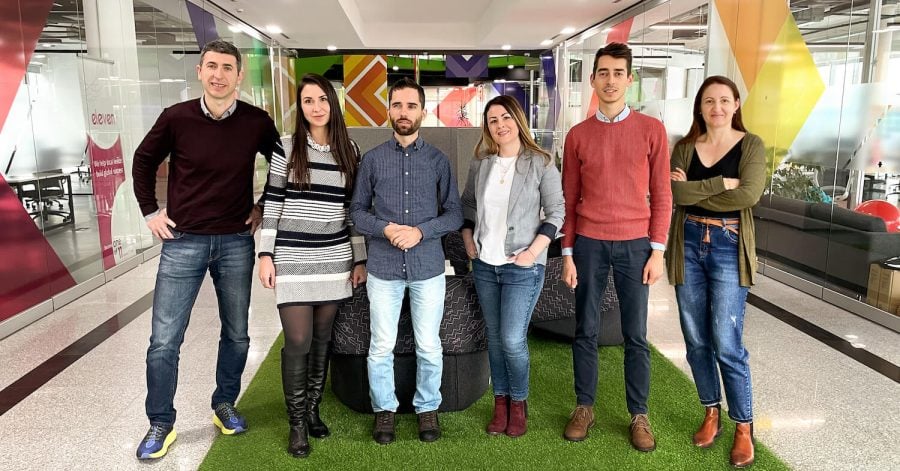The selection of the new cohort of startups for the Third Season of The Visa Innovation Program is over and 18 regional fintechs are about to begin their acceleration journey. The jury selected them from 190 applications from Bulgaria, Greece, and Turkey.
On the local level, the programs of Visa Innovation are managed by the early-stage VC Eleven Ventures in Bulgaria, the civic tech and fintech open innovation hub Crowdpolicy in Greece, and the startup and corporate innovation accelerator Hackquarters. During this season, the participating startups will have even more opportunities for growth, as the local programs will unite their resources and networks to enable more coordination and bigger reach.
The latest insights in the fintech ecosystem
Eleven Ventures is the regional coordinator of the program and Veselina Markova who is the Fintech Program Manager at Eleven Ventures talked to The Recursive about the trends and latest developments in the SEE fintech ecosystem.
“The region of SEE is a blooming fintech destination and the estimated total number of companies is approaching one thousand. The ecosystem is very diverse and almost every category is well represented on the regional fintech map,” said Markova. She explained that traditionally payments, wallets, and personal finance management solutions take most of the market share and there is a small number of newcomers due to the saturation of the niche. Markova pointed out that one repeating pattern in every country is the lack of a critical mass of startups with products and services for SMEs such as credit risk assessment, financing, and payment tools.
Due to the PSD2 directive and its implications, the last two-three years have been characterized by the growth in the number of infrastructure providers and open-banking enablers on the regional stage. “One of the categories that is gaining traction recently is wealth management/investments, being an alternative to the traditional banking service for high-net-worth individuals and for people searching for affordable investment opportunities. We also see sporadic attempts for new services, targeting the youth segment of teenagers and students,” Markova continued.
According to her, the SEE region is slowly catching up with some of the global trends such as the BNPL (“Buy now, pay later”) model, which is taking off in Turkey. However, there still isn’t a prominent local representative in one of the hottest trends in the category ”fintech for good”. She explains that both in the US and Western Europe large enterprises, neobanks, and emerging fintechs add new features or conceptualize products with a focus on ESG criteria. “You may now buy the things you love, keep track of your spending and reduce your carbon footprint with each transaction because every dollar/euro you spend will automatically go towards offsetting a pound of carbon emissions; there are new generation cards for transgender and non-binary individuals, that allows you to be the person you want to be and so on,” Markova exemplified.
When it comes to positive development, she gives an example with the penetration of fintech and digital payments in industries such as urban mobility. This includes everything from e-scooters, to shared car services, transit and ground transportation and is quite common in cities like London, Vienna, or Milan. Markova expects that the existing borders between fintech and other industries such as healthcare, leisure, and education, will continue to blur and everything related to digital payments will become even deeply embedded in our everyday lives.
“With businesses moving from B2C and B2B to H2H model (human to human) the end consumer will become even strongly positioned in the ecosystem, in which everything related to payments and money movement will become even more seamless and frictionless, so smooth that you do not need to plan, schedule or perform any kind of financial transactions to secure your daily life,” she concluded







